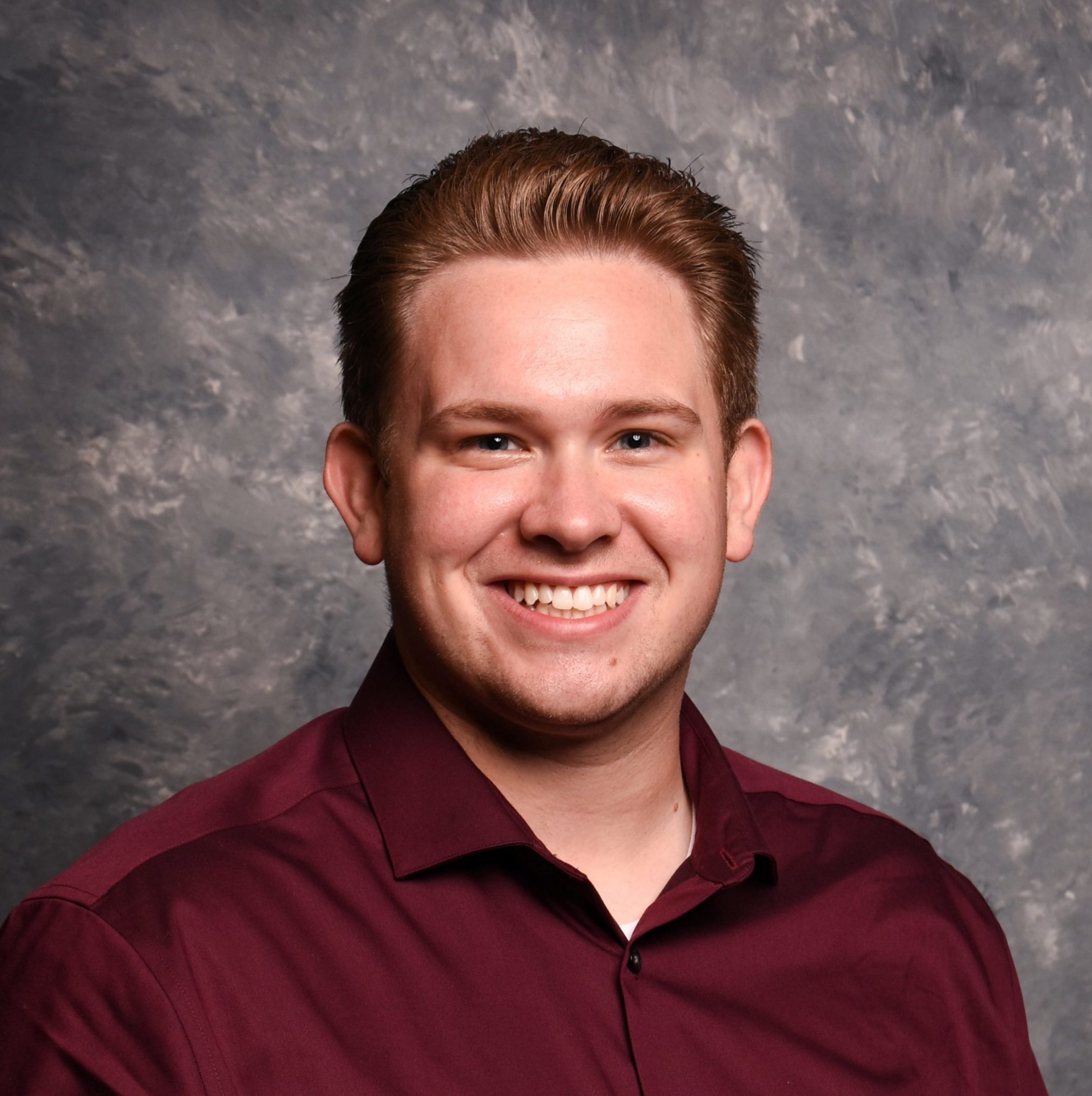Gardner strives to ease employers’ concerns
By: MaryBeth Matzek, Special to the Wisconsin Law Journal//April 13, 2018//
Gardner strives to ease employers’ concerns
By: MaryBeth Matzek, Special to the Wisconsin Law Journal//April 13, 2018//

John Gardner, a partner at DeWitt, Ross & Stevens in Madison, rarely has a dull day.
“Working in labor and employment law is exciting. There’s always drama and the people involved are interesting,” Gardner said. “There’s definitely a lot of variety in what I do.”
The son of an attorney, Gardner became interested in a legal career early on. When he was in law school, he quickly discovered he enjoyed the employment law courses he was taking. Later, he landed a job in in the employment field at a Chicago law firm and eventually went on to DeWitt in Madison.
“The employers I work with come from a variety of industries, but the law involving employment issues is the same whether you are a manufacturer or a small business,” Gardner said. “I focus on helping my clients through what can be difficult challenges.”
His work has him dealing with various employer-related matters, ranging from drawing up non-compete clauses to helping companies negotiate with a union workforce to answering questions about federal wage and hour rules and leave accommodations.
Although Gardner enjoys litigating cases, that experience has led to him spending more time now advising employers on how to avoid lawsuits or other employer issues.
“I regularly advise employers on the appropriate way to go through different processes to make sure they stay in compliant and to avoid lawsuits,” he said. “I also help employers as they put together non-compete clauses to make sure all the right things are in place.”
Court rulings can change employment and labor law and can be difficult to keep up with, Gardner said.
“I work hard to stay on top of those changes and then work with clients to tweak procedures,” he said. “The best part of my job is coming up with creative solutions to help people solve their problems.”
Wisconsin Law Journal: What makes your work important to you?
John Gardner: The opportunity to help my clients solve their legal issues and, in the process, allow them to focus on running their businesses. Employment and labor law can be a minefield, and I very much enjoy being able to use my expertise to help guide businesses through whatever legal issues crop up.
WLJ: Who is your hero in the legal field?
Gardner: My dad, Jim. Although he practiced in a different area of the law than me, I still remember how much he enjoyed going to work every day, how hard he worked to provide the best possible representation to his clients and how satisfied he was when his hard work turned into excellent results.
WLJ: What do you do outside of work to deal with stress from the office?
Gardner: I spend as much time with my wife and two girls as possible, and try to sneak away for a concert or a round of golf every now and then.
WLJ: What’s one thing many people get wrong about what you do?
Gardner: That my legal work is limited to litigation. The further I get into my career, the more time I spend counseling my employer clients regarding various aspects of employment law compliance. I very much enjoy lawsuits, but I also get great satisfaction out of knowing that, through my advice, I can help to reduce a client’s risk of litigation (or of a bad result).
WLJ: What’s your favorite memory from law school?
Gardner: The comradery I shared with classmates. Law school definitely had its positives and negatives, but one definite plus was the crazy number of great people who went to school at the same time I did and who I was able to get to know.
WLJ: Is there a certain case that stands out to you?
Gardner: I can think of two relatively recent cases. One, Crave Brothers Farm v. J&V Hoffman LLC, was a week-long jury trial (my first) in 2017 in which my colleagues and I were able to obtain a positive result for our client. The other, EEOC v. Flambeau Inc., was a case in which the EEOC asserted that our client had violated the Americans with Disabilities Act by implementing a purportedly improper wellness program. My colleagues and I were able to obtain summary judgment in the Western District, and then won the EEOC’s subsequent appeal to the Seventh Circuit.
Legal News
- Wisconsin attorney loses law license, ordered to pay $16K fine
- Former Wisconsin police officer charged with 5 bestiality felony counts
- Judge reject’s Trump’s bid for a new trial in $83.3 million E. Jean Carroll defamation case
- Dozens of deaths reveal risks of injecting sedatives into people restrained by police
- The Latest: Supreme Court arguments conclude in Trump immunity case
- Net neutrality restored as FCC votes to regulate internet providers
- Wisconsin Attorney General asks Congress to expand reproductive health services
- Attorney General Kaul releases update at three-year anniversary of clergy and faith leader abuse initiative
- State Bar leaders remain deeply divided over special purpose trust
- Former Wisconsin college chancellor fired over porn career is fighting to keep his faculty post
- Pecker says he pledged to be Trump campaign’s ‘eyes and ears’ during 2016 race
- A conservative quest to limit diversity programs gains momentum in states
WLJ People
- Power 30 Personal Injury Attorneys – Russell Nicolet
- Power 30 Personal Injury Attorneys – Benjamin Nicolet
- Power 30 Personal Injury Attorneys – Dustin T. Woehl
- Power 30 Personal Injury Attorneys – Katherine Metzger
- Power 30 Personal Injury Attorneys – Joseph Ryan
- Power 30 Personal Injury Attorneys – James M. Ryan
- Power 30 Personal Injury Attorneys – Dana Wachs
- Power 30 Personal Injury Attorneys – Mark L. Thomsen
- Power 30 Personal Injury Attorneys – Matthew Lein
- Power 30 Personal Injury Attorneys – Jeffrey A. Pitman
- Power 30 Personal Injury Attorneys – William Pemberton
- Power 30 Personal Injury Attorneys – Howard S. Sicula











